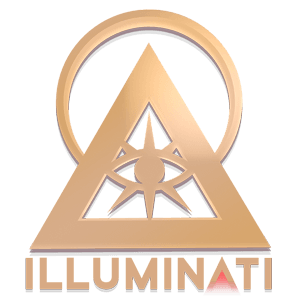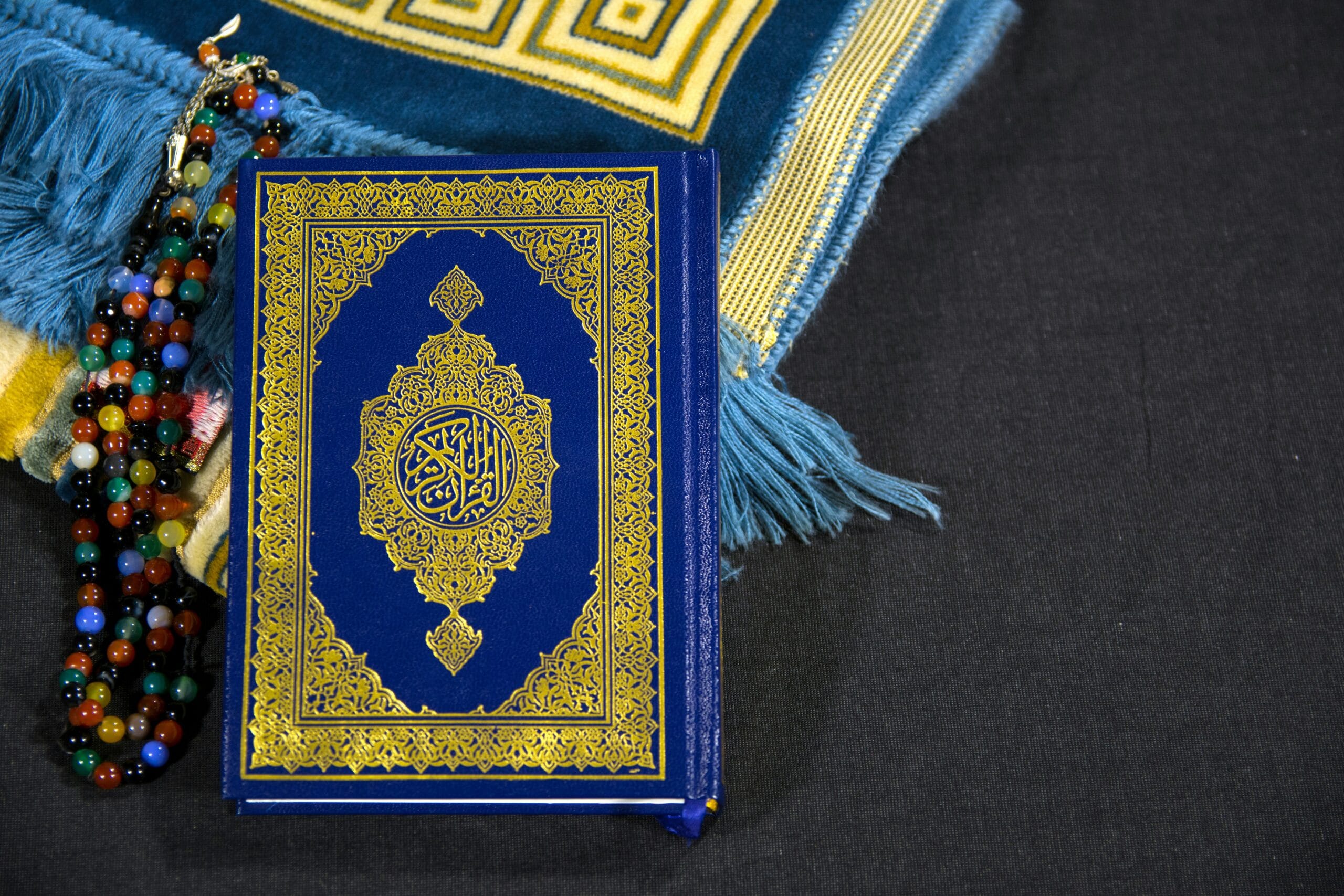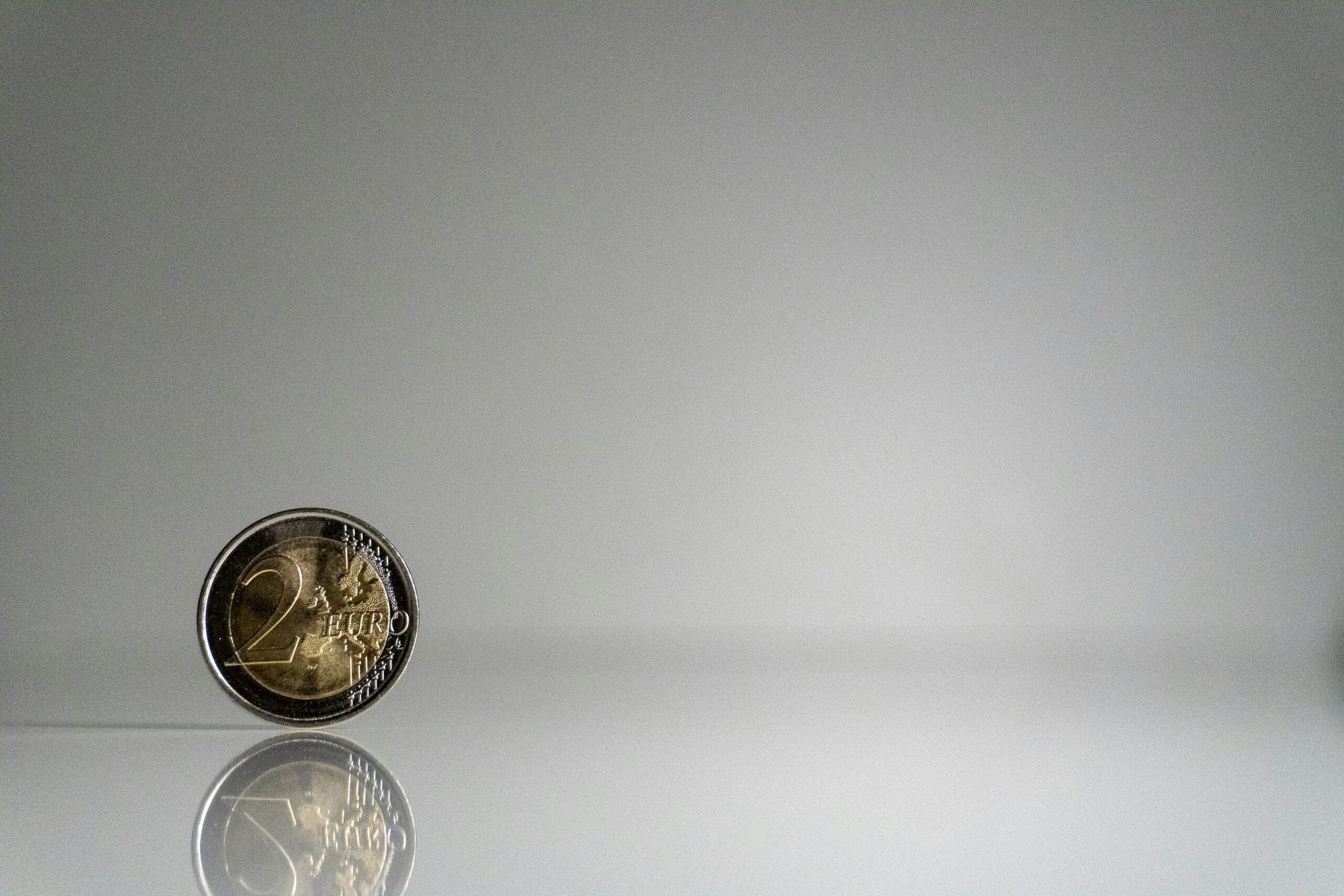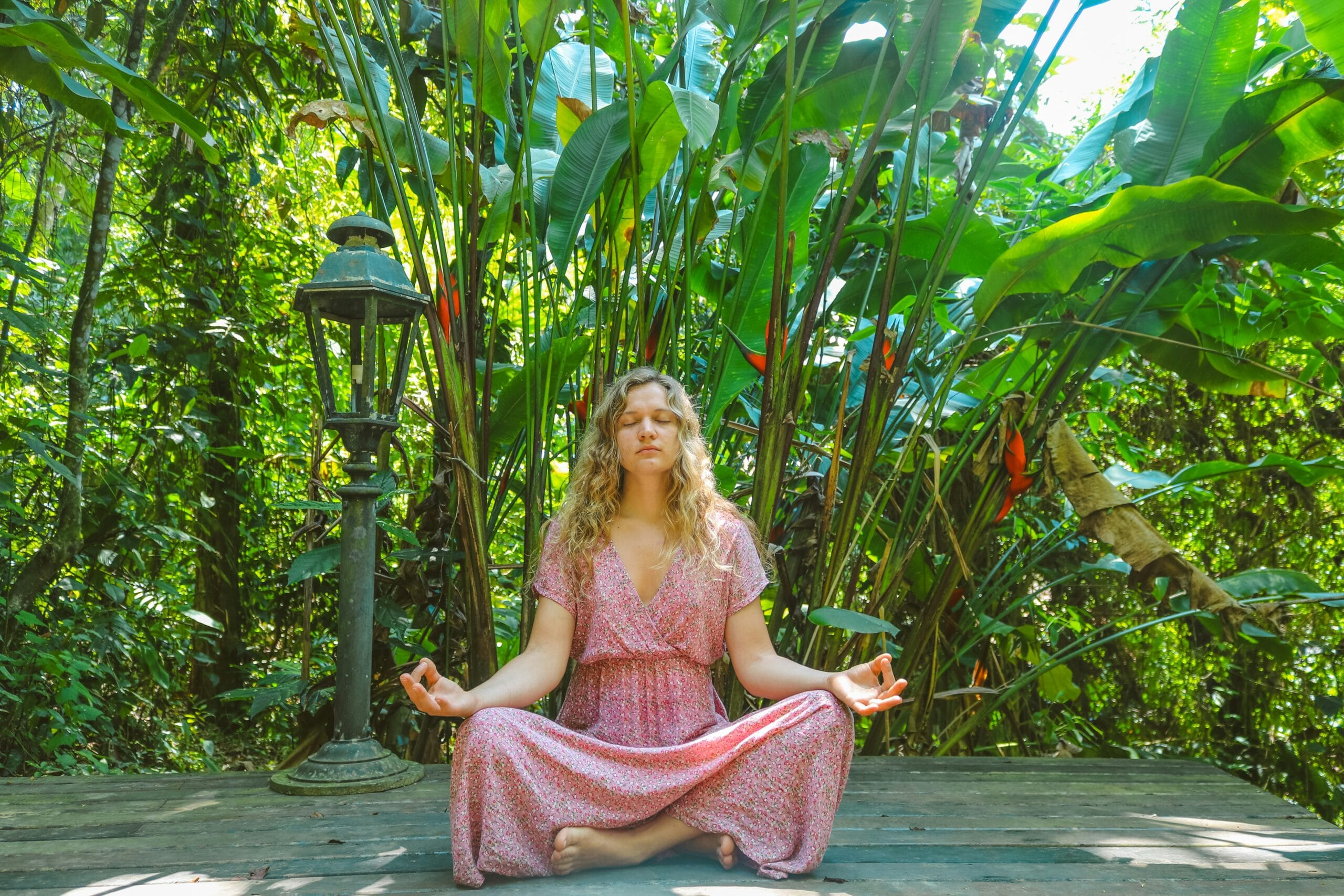Understanding Spiritual Guidance
Spiritual guidance encompasses a broad array of resources and influences that help individuals navigate their inner worlds and personal growth journeys. At its core, spiritual guidance aids individuals in recognizing and connecting with their true selves, ultimately enhancing personal discipline. By seeking guidance from diverse sources—including mentors, intuitive insights, and religious teachings—individuals can cultivate a deeper understanding of their life purpose and align their actions accordingly.
Mentorship is a significant form of spiritual guidance, wherein a trusted individual offers support and insight from their experiences and wisdom. This relationship can foster personal discipline by providing accountability and encouragement, allowing mentees to remain focused on their personal development goals. Mentors may also share techniques to manage challenges, steering individuals towards self-discovery and emotional resilience.
Intuition represents another form of spiritual guidance, serving as an internal compass that can direct individuals toward their rightful path. Tuning into one’s intuition fosters a sense of clarity and discernment, enabling individuals to recognize choices that resonate with their true values. This practice enhances personal discipline by training individuals to trust their instincts and make informed decisions, rather than succumbing to external pressures or distractions.
Religious teachings offer structured frameworks for personal discipline through established practices, rituals, and ethical guidelines. Engaging with religious or spiritual texts allows individuals to explore diverse perspectives on life, leading to profound insights and growth. By integrating these teachings into daily routines, individuals can cultivate habits that reinforce their spiritual journey and personal well-being.
Recognizing the importance of spiritual guidance can positively impact personal discipline and foster an enriched understanding of oneself. By valuing the insights gained from mentorship, intuition, and religious teachings, individuals can chart a path that aligns with their aspirations and spiritual values.
The Role of Personal Discipline in Spiritual Growth
Personal discipline is a fundamental factor in the journey of spiritual growth. It involves the ability to regulate one’s emotions, time, and behaviors in a manner that aligns with one’s spiritual objectives. By developing a consistent practice, individuals can foster a deeper sense of self-awareness, which is crucial in interpreting spiritual guidance effectively. This self-regulation allows individuals to cultivate habits that not only enhance their spiritual understanding but also promote overall well-being.
One cannot underestimate the significance of commitment when it comes to spiritual exploration. Engaging fully in various practices—such as meditation, prayer, or mindful reflection—demands a level of discipline that is often challenging to maintain. However, it is through this commitment that one can create a structured pathway that leads to clarity and insight. Each session of meditation or prayer becomes a stepping stone towards a deeper connection with inner self and sources of spiritual guidance.
The relationship between personal discipline and spiritual objectives is symbiotic. As individuals demonstrate commitment and consistency, they are likely to see the fruits of their labor manifest in various aspects of their spiritual lives. This dynamic reinforces the importance of discipline in not only pursuing spiritual aspirations but also in interpreting the insights gained through spiritual practice. When personal discipline is prioritized, it fosters an environment conducive to heightened awareness and receptivity to spiritual messages.
Moreover, the act of seeking guidance is often intertwined with the level of discipline one exhibits. A disciplined mind is more capable of recognizing and understanding the nuances of spiritual teachings, leading to a more profound journey. Ultimately, embracing personal discipline appears to pave the way for enriched spiritual experiences and achievements, making it an indispensable element in the pursuit of spiritual growth.
Techniques for Seeking Spiritual Guidance
Seeking spiritual guidance can be a transformative journey that deepens one’s understanding of the inner self. Various techniques can assist individuals in enhancing their ability to connect with spiritual guidance. Among these methods, meditation stands out as a powerful practice. It allows individuals to quiet their minds, providing a space to reflect on their thoughts and feelings. Regular meditation cultivates personal discipline and enhances clarity, making it easier to identify the messages that arise from within.
Another effective technique is prayer. Engaging in prayer, whether formal or spontaneous, fosters a connection to a higher power. This practice can take many forms, from structured prayers to open-ended conversations with the universe. The act of praying not only encourages spirituality but also instills a sense of hope and certainty, reinforcing personal discipline by keeping the focus on one’s intentions and desires.
Journaling is also a beneficial method for seeking spiritual insight. By writing down thoughts, experiences, and feelings, individuals create a tangible record of their journey. This process helps in recognizing patterns and fostering self-awareness. Furthermore, journaling often includes reflective prompts that guide the user to explore deeper spiritual questions, serving as a tool for both self-discipline and personal growth.
Finally, practicing mindfulness can enhance one’s spiritual awareness. Mindfulness involves being present in the moment and observing thoughts and feelings without judgment. By integrating mindfulness into daily activities, individuals cultivate an attitude of openness and receptivity, which can lead to profound insights and a stronger connection with spiritual guidance. Together, these techniques not only provide avenues for seeking guidance but also foster the personal discipline necessary for spiritual development.
The Importance of Reflective Practice
Reflective practice plays a crucial role in the journey toward personal discipline and achieving clarity through spiritual guidance. By integrating reflective practices into daily routines, individuals can enhance their self-examination and facilitate deeper insights into their spiritual journeys. This process not only fosters greater understanding of one’s beliefs and values but also encourages accountability and a commitment to personal growth.
As individuals engage in reflective practice, they gain the ability to assess their experiences critically. This self-assessment can be conducted through structured questions that prompt deeper thinking about personal goals, values, and behaviors. Examples of such questions might include “What have I learned about myself this week?” or “In what ways have I demonstrated personal discipline in my actions?” Such inquiries help to draw connections between one’s actions and spiritual objectives, illuminating areas that may require adjustment or consideration.
Moreover, seeking guidance from spiritual mentors or trusted sources can enhance the reflective practice experience. Insights shared by experienced guides can provide new perspectives and introduce individuals to effective frameworks for self-evaluation. Engaging in guided reflections, whether through meditation, journaling, or conversations with mentors, can further contribute to the cultivation of personal discipline. These practices encourage individuals to pause, delve into their feelings and thoughts, and emerge with a clearer sense of their spiritual path.
In incorporating reflective practice into one’s life, individuals often find that it cultivates a sense of inner clarity. This clarity can lead to stronger personal discipline as they align their actions more closely with their spiritual aspirations. As a result, the practice of reflection becomes an invaluable tool for anyone seeking to navigate their spiritual journey effectively, ensuring that the path they choose is both purposeful and enlightening.
Overcoming Obstacles in Seeking Guidance
In the journey toward inner clarity, individuals often encounter various obstacles that impede their ability to seek spiritual guidance. One prevalent challenge is fear, which may stem from the unknown or the vulnerability associated with seeking assistance. Fear can manifest as apprehension about being judged or the reluctance to confront uncomfortable truths about oneself. Additionally, doubt can emerge, leading individuals to question the validity of their spiritual experiences or the guidance they receive. Such skepticism can create a barrier to personal discipline, resulting in a reluctance to pursue meaningful practices.
Another significant obstacle is distraction. In our fast-paced, technology-driven world, distractions abound, making it challenging to carve out time for introspection and growth. The constant influx of information and demands on attention can lead to a superficial engagement with spiritual practices, diluting their effectiveness. Overcoming these barriers requires intentional efforts and strategies that establish a conducive environment for spiritual exploration.
One effective approach in overcoming fear and doubt is to set clear intentions for seeking guidance. By articulating specific goals and aspirations, individuals can cultivate a sense of purpose that reinforces their commitment to personal discipline. Additionally, creating a dedicated space for spiritual practice can minimize distractions, allowing for deeper reflection and connection. This space need not be elaborate; even a quiet corner in one’s home can foster an atmosphere of tranquility essential for spiritual work.
Furthermore, maintaining a growth mindset is pivotal in addressing obstacles. Embracing the idea that spirituality is a journey, with challenges as opportunities for learning, can transform resistance into resilience. Numerous real-life examples illustrate that individuals who consistently practice personal discipline and seek guidance, despite their fears and distractions, often discover profound insights and transformations along their paths. These universal challenges enhance the recognition that everyone experiences barriers in their spiritual quests, highlighting the shared nature of this journey.
Creating a Personal Spiritual Routine
Establishing a personal spiritual routine can significantly enhance your journey toward inner clarity. This process begins with allocating dedicated time for spiritual practices amidst the demands of daily life. Selecting a consistent time to engage in activities such as meditation, prayer, or reflection supports the development of personal discipline. Setting aside even a few minutes each day can lay the foundation for a more profound spiritual connection.
Creating a sacred space within your home contributes to an environment conducive to spiritual growth. This space can be as simple as a corner adorned with meaningful items, such as candles, crystals, or photographs that inspire tranquility. Designating a specific area for spiritual practice not only fosters a sense of reverence but also mentally prepares you to engage in these activities consistently. Personalizing this space allows for the integration of your unique preferences and beliefs, which makes the routine feel more authentic and motivating.
Incorporating various forms of spiritual guidance is essential in enriching your personal routine. This could include reading spiritual literature, listening to uplifting talks, or engaging with apps that provide daily affirmations and insights. Seek guidance from established figures or communities that resonate with your spiritual path, ensuring that their teachings align with your values. By integrating this guidance into your life, you cultivate a space for growth and self-discovery, enhancing both your personal discipline and overall well-being.
As you build your personal spiritual routine, remember that flexibility is vital. It is important to adapt rituals and practices to suit your evolving needs and lifestyle. This adaptability fosters a deeper connection to the guidance you seek while respecting your personal circumstances. Ultimately, the goal is to create a harmonious routine that nurtures both your spirit and your sense of self-discipline.
The Intersection of Spirituality and Personal Discipline
Spirituality and personal discipline are deeply intertwined, creating a foundation for personal growth and fulfillment. At its core, spirituality involves a quest for meaning and connection with something greater than oneself. Meanwhile, personal discipline embodies the practices and routines that enable individuals to cultivate this deeper understanding. The intersection of these two dimensions can yield profound insights and a richer life experience.
Engaging in spiritual practices requires a degree of discipline. Whether through meditation, prayer, or reflection, consistency is paramount. For instance, a regular meditation schedule can enhance one’s awareness and receptivity to spiritual guidance. Yet, obstacles such as distractions, busy schedules, or personal doubts often challenge our commitment. It is through personal discipline that individuals find the strength to persist in their spiritual journeys, transforming potential setbacks into opportunities for growth.
Furthermore, the application of personal discipline in spiritual pursuit can manifest in various forms. Setting specific times for reflective practices or adhering to structured spiritual programs can significantly enhance one’s journey. This disciplined approach ultimately fosters a sense of accountability and commitment. Seekers often find that such a structured engagement with spirituality not only refines their practices but also deepens their connection to their beliefs and values.
Understanding the nuances of this intersection also involves recognizing that personal discipline in spiritual matters is not merely about rigidity. Instead, it entails a balanced approach that allows for flexibility and adaptation. Spiritual growth is seldom linear; therefore, cultivating the ability to adapt one’s practices to fit life’s unpredictable nature is a valuable aspect of personal discipline. This adaptability can enhance the seeking of guidance, enabling individuals to remain open to insights from their spiritual paths.
Thus, personal discipline acts as a vital ally along the spiritual journey. By integrating consistent practices and remaining open to profound truths, individuals can explore the depths of their spirituality and achieve greater clarity and fulfillment in their lives.
The Transformative Power of Spiritual Guidance
Spiritual guidance serves as a pivotal anchor in our quest for inner clarity, empowering individuals to traverse life’s complexities with newfound strength and insight. Many individuals have found that through seeking guidance from mentors, spiritual leaders, or philosophical texts, they can navigate their life’s challenges more effectively. This pathway often involves the combination of guidance with personal discipline, a union that allows for targeted growth and self-discovery.
Consider the story of Sarah, a professional who faced significant career upheaval and personal turmoil. By embracing spiritual mentorship, she learned how personal discipline could be integrated into her daily routine. With the support of her guide, Sarah developed consistent meditation practices, harnessed positive affirmations, and acquired practical tools to confront her past traumas. Through this transformative process, she reported feeling liberated, more resilient, and capable of making sound decisions that aligned with her values.
Another poignant example is Mark, who struggled with addiction and self-doubt. His journey began with seeking guidance from a support group that emphasized spiritual principles. Mark discovered that by establishing a disciplined approach to his recovery—such as attending regular meetings and committing to a 12-step program—he could rebuild his life. The combination of spiritual insight and personal discipline fostered a sense of accountability and ownership over his choices. As Mark embraced this dual approach, he reported profound shifts in his mindset, ultimately achieving sobriety and healthier relationships.
These testimonials highlight that the inflection points in our lives often stem from a willingness to seek guidance. When individuals embrace the transformative power of spiritual guidance coupled with personal discipline, they create a fertile ground for empowered decision-making and healing. Recognizing the interplay between discipline and guidance can inspire others to embark on their journeys toward inner clarity and fulfillment.
Embracing the Journey: Lifelong Learning in Spirituality
Embracing the journey of spirituality requires an understanding that it is not a destination, but a continuous process characterized by lifelong learning. The path to inner clarity is significantly enriched through an ongoing commitment to personal discipline, which lays the foundation for deepening one’s understanding of spiritual practices. This discipline manifests in various forms, including regular meditation, mindful reflection, and the pursuit of knowledge related to spiritual growth.
Throughout this journey, seeking guidance plays a crucial role. Spiritual guidance can come from various sources—books, mentors, workshops, or community groups. Engaging with these resources allows individuals to explore different philosophies and teachings, thereby expanding their perspective and enhancing their understanding of personal discipline. Each new insight offers an opportunity for growth and self-improvement, facilitating the development of a more profound spiritual foundation.
Moreover, cultivating an attitude of openness to new experiences is essential. The spiritual path often presents unexpected lessons that can lead to valuable insights. By remaining receptive to the lessons life brings, individuals can use personal discipline to integrate these experiences into their spiritual practice effectively. This not only deepens one’s understanding but also reinforces the importance of adaptability along the spiritual journey.
As individuals acquire more knowledge and wisdom, it is vital to reflect on how these new ideas resonate with their existing beliefs and practices. Such reflection fosters a dynamic interaction between one’s intuition and learned information, allowing for greater personal growth. Ultimately, the journey of spirituality is enriched by a commitment to lifelong learning, an embrace of personal discipline, and an openness to guidance. As we navigate this intricate path, the continual quest for clarity and understanding will serve as a guiding light in our spiritual endeavors.








